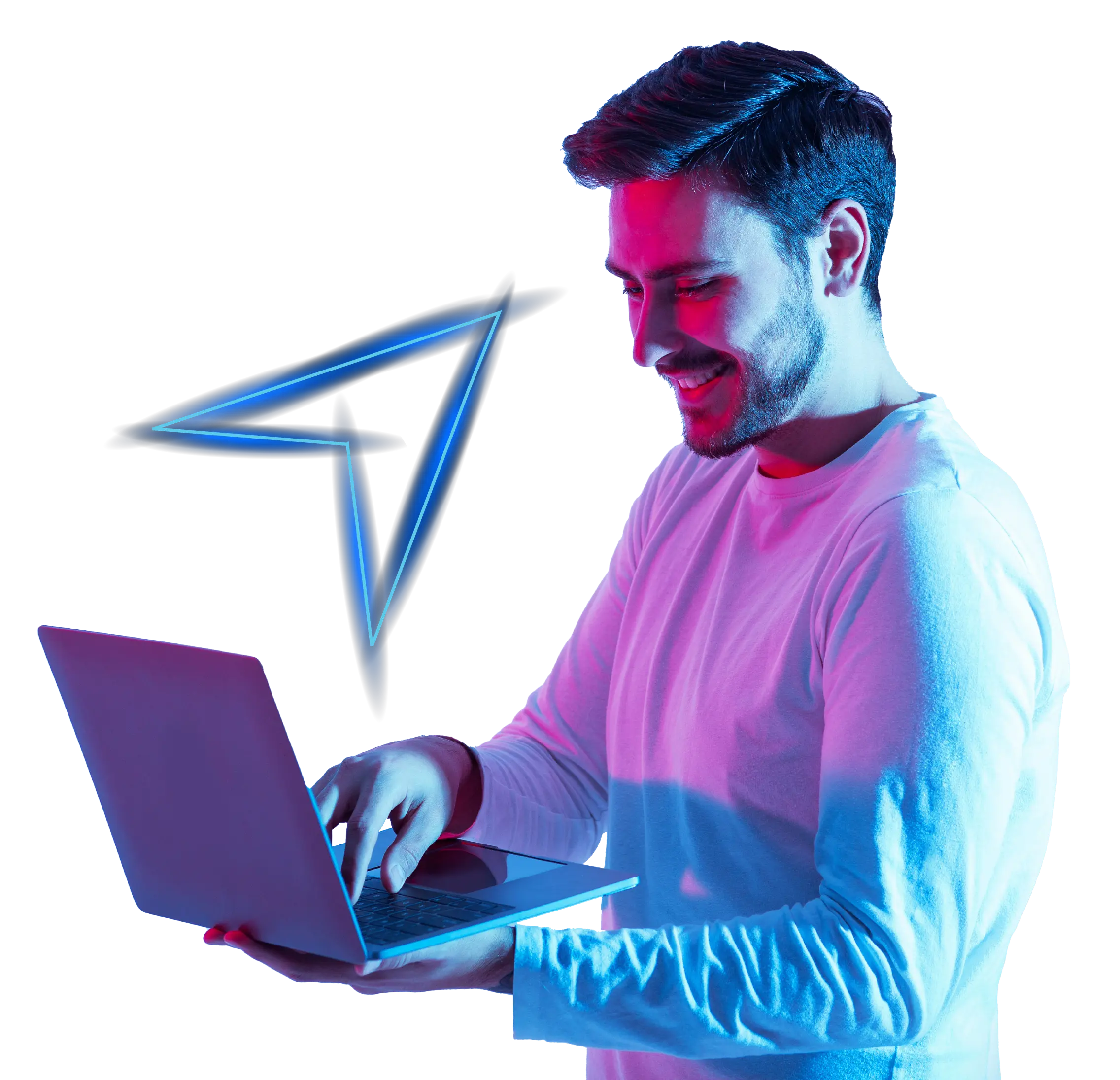Prove your ability to apply end-to-end data-science processes in 2 instructor-led days. This hands-on workshop guides you through business-problem framing, ETL, exploratory analysis, machine-learning modelling and project delivery – preparing you for the CertNexus® Certified Data Science Practitioner (Exam DSP-210) credential.










Enquire today and one of our consultants will be in touch.


